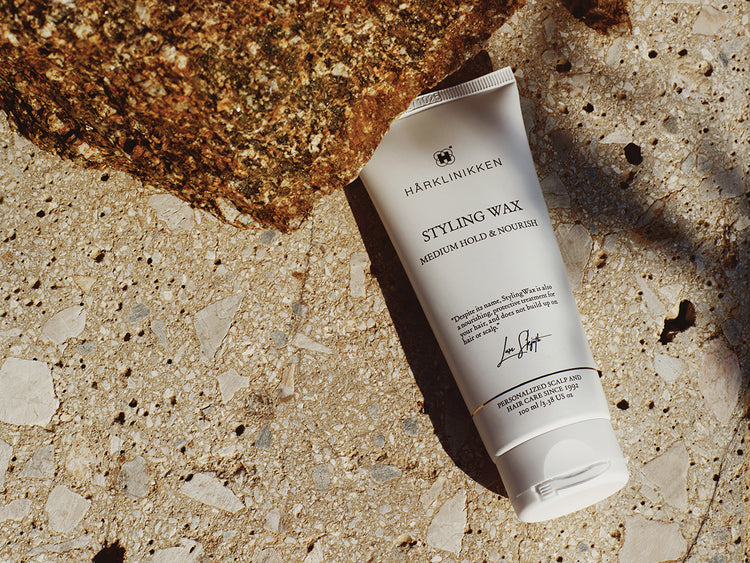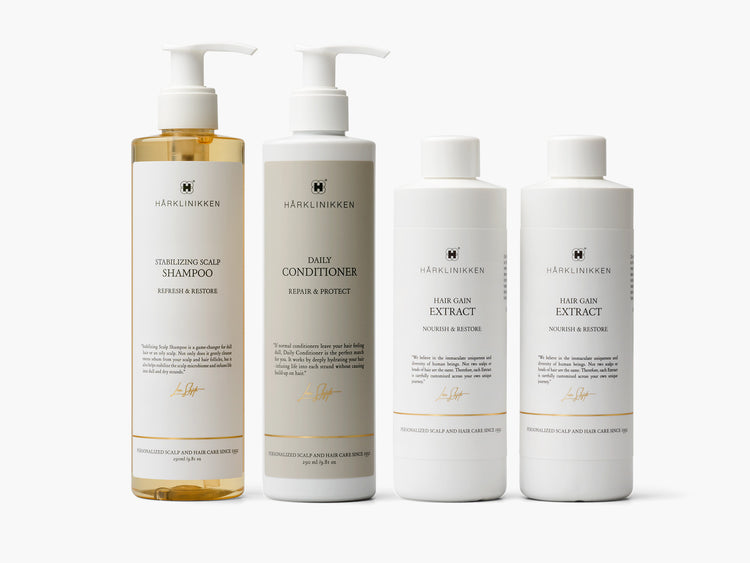Sometimes called Elf Leaf, Compass Weed and Dew of the Sea, rosemary is a woody shrub that’s native to the Mediterranean.
Believed to be brought to England when the Romans invaded in 43CE and arriving in the Americas during the 17th century, it’s closely related to a similar plant called Salvia jordanii (also known as Algerian rosemary) which is native to Northwest Africa.
Across many times, places and cultures, religions and folklore traditions (from ancient Greece and Rome to Europe during the Medieval, Renaissance and Early Modern eras to cotemporary Wicca), it’s believed to have protective qualities – able to ward off malevolent forces, witchcraft, evil spirits and bad luck.
For this reason, it was (and is) sometimes worn or carried, hung above doorways and burned as incense. Also used as a herb for thousands of years for culinary and medicinal purposes, rosemary is widely known for its antioxidant and anti-inflammatory properties.
While these benefits work from within, they are also beneficial topically for the skin, scalp and hair.
What exactly is rosemary leaf water?
Obtained from the rosemary plant, rosemary leaf water is a clear to slightly hazy, pale-yellow liquid that possesses a fresh, herbaceous scent that has pine, mint, woody and earthy notes.
Can you make rosemary water at home?
Most homemade rosemary water is made by putting sprigs of rosemary in hot or boiling water and allowing it to steep – similar to making a cup of tea. But DIY scalp and hair products can be problematic; from being inaccurate amounts of ingredients (making them too weak or too strong) to running the risk of contamination, a lack of proper preservation, undesirable textures and beyond. This means you may simply end up with an ineffective or unappealing product, but there's also a chance of making a formula that actually creates scalp and hair problems. Properly extracted rosemary leaf water is derived in a much more sophisticated, scientific manner; yielding an ingredient that’s truly beneficial.
How is Hårklinikken’s rosemary leaf water different?
Our rosemary leaf water is obtained through an innovative distillation process where steam is passed through leaves from harvested rosemary leaves to extract aromatic compounds and other constituents. The steam extract is then meticulously condensed back to a liquid, with essential oils separated from the water to yield two different ingredients: rosemary essential oil and rosemary leaf water.
How does Hårklinikken’s rosemary leaf water benefit the hair strands?
Rosemary leaf water contains a lot of polyphenolic compounds and constituents such as vitamin C and A, and clarifying and soothing compounds including rosmarinic acid and carnosic acid – both of which are potent antioxidants that can help protect from oxidative stress (something that can damage scalp and hair health). Rosemary water can also act as a gentle moisturiser, hydrating strands for softer, more flexible hair that’s less prone to frizz.
What does rosemary water add to Hårklinikken’s Styling Wax?
In our lightweight Styling Wax, various ingredients – including rosemary leaf water – work to nourish and revitalise hair while the complex formula provides texture, definition, hold and a sateen-shine. Our rosemary leaf water’s clarifying and nourishing properties work to support smoother, shinier and thicker looking hair and protect strands from oxidative stress. For more about our Styling Wax and ways to use it, read our How To guide here.

Hårklinikken products that contain rosemary water
We incorporate rosemary water in our Styling Wax, which is designed to nourish and revitalise the hair with each use.




